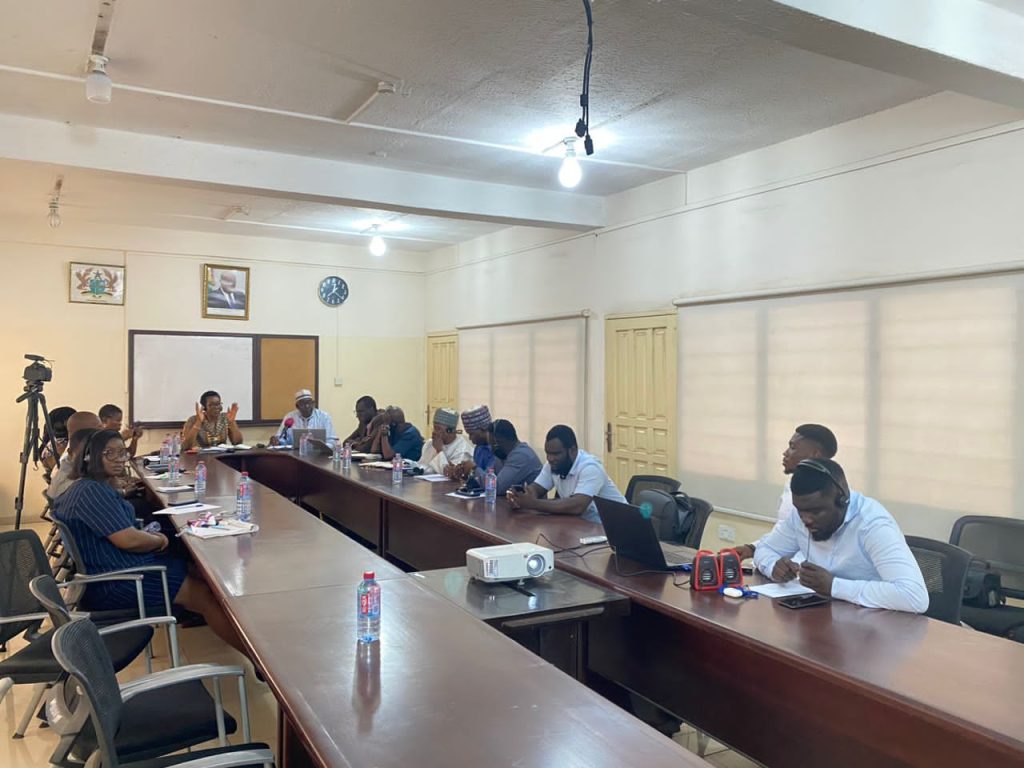By Kodjo Adams / Muniratu Issa
Accra, July 18, GNA – Dr Leticia Adelaide Appiah, Executive Director, National Population Council (NPC), says investing in family planning is one of the best family-oriented policies that can help improve population health, and propel development in other sectors.
Investment in the sector, she stressed, could accelerate economic growth, arrest civil and political instability, and make progress towards achieving the Sustainable Development Goals (SDGs) designed to end poverty.
Dr Appiah said this in Accra when a four-member Niger delegation paid a courtesy call on her as part of population study tour.
The delegation will be in Ghana for a week and engage other relevant key stakeholders in Accra.
Dr Appiah observed that Niger’s population increased at an annual rate of about four per cent and that without strengthening efforts to slow the growth, the population, which increased from 3.3 million in 1960 to the current 24.5 million, would increase to over 34 million in 2030, with socio-economic challenges.
“Even though Niger’s Total Fertility Rate is declining, it remains the highest globally at 7.82 per woman,” she noted.
Dr Appiah said the SDGs focused on promoting individual dignity, respect, and care for the common good and worried that much could not be attained at a rapid population growth rate with a significant contribution from child marriages and teen pregnancies.
Dr Appiah stated that rapid population growth increased security bills because of generalised restlessness amidst an inner desire to thrive or at least survive.
She said a firm commitment to family planning and reproductive health in Niger could help spur sustainable development, stressing that: “Investment in planning is not only key to health, but also a cross cutting lens through, which to view many different sectors such as education, employment, transport, utility services, security, and the environment.”
Mr Abarchi Habibou, Director-General, Nigerien Office on Population, said the visit was essential and a platform to learn from Ghana’s population issues.

“We are very aware of Ghana’s experiences when it comes to population issues, and so, we will utilise our visit,” he said.
Mr Habibou said his office would mobilise and engage community leaders, political, traditional, religious, or administrative level leaders to tackle family planning issues in Niger, with lessons from Ghana.
“In West Africa, Ghana is the best in their domain, as the figures are there to show, and I believe we are going to work together and find ways to catch up with what has been lost,” he said.
GNA